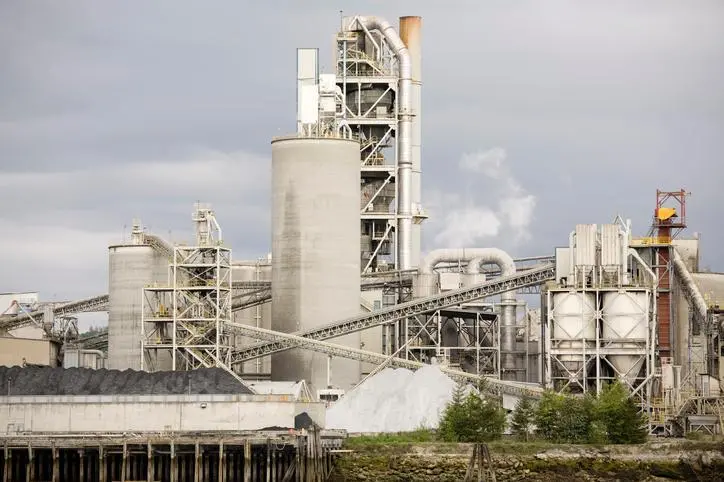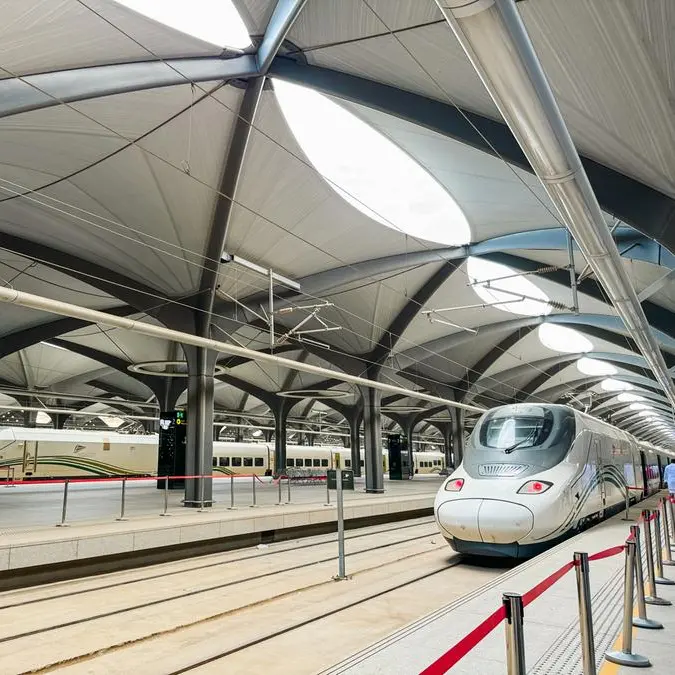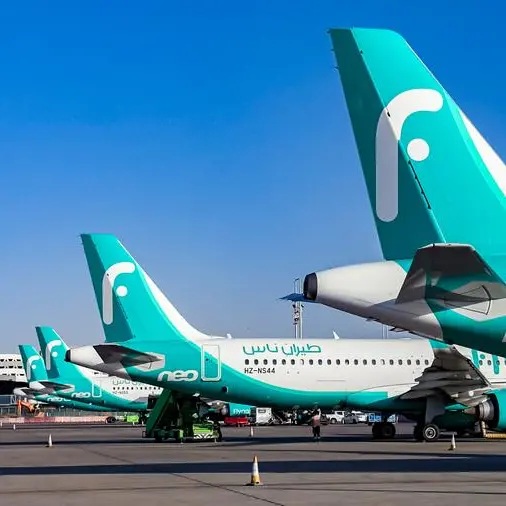PHOTO
Seven out of 10 executives from “hard-to-abate” industries expect an increase in decarbonisation budgets over the next two to three years, a joint report by UAE-based Masdar and FT Longitude, said.
Less than a third of industry executives say their budget will be adequate to meet their needs, while over half have not yet set net-zero targets, according to the report, titled ‘Hard to Abate, Ready to Start.’
The report comes ahead of the UAE’s preparations to host COP28 later this year.
Renewable energy (54 percent), energy efficiency (47 percent) and circular economy applications (37 percent) were the primary focus areas of decarbonisation activity.
“Many companies are only just getting started with feasibility studies for large-scale investments in technologies such as blue and green hydrogen and carbon capture, utilisation and storage (CCUS), which are more of a longer-term priority,” the report noted.
Reducing emissions in the hard-to-abate industries – cement, steel, aluminum, petrochemicals, shipping, aviation, heavy industry, and manufacturing – is vital to combat climate change, with industry and transport accounting for almost half of the global emissions.
According to the report, half of the senior industry leaders are more confident that net zero in their business is more achievable today than a few years ago.
Sultan Al Jaber, UAE Minister of Industry and Advanced Technology, COP28 President-Designate, and Chairman of Masdar, said that COP28 will see the conclusion of the global stocktake, offering a review of progress against the Paris Agreement.
“The UAE is committed to addressing this, to reigniting momentum and to bringing the goal of 1.5 within reach. Addressing carbon emissions in hard-to-abate sectors is a priority in that regard. There is simply no path to net zero that does not include decarbonizing these essential industries.”
Despite the optimism across the industry and the emergence of innovative new technologies to capture and store carbon, reliable finance remains a significant barrier to accelerating progress for many senior executives.
Despite strong progress across the sector over the past decade, 60 percent of organisations surveyed across Europe, Asia-Pacific, the Middle East, and North America have still not set decarbonisation targets.
Leaders from those organisations cite a lack of reliable finance as the main barrier to committing to targets.
Nearly 83 percent and 62 percent of senior executives from the Middle East and Asia-Pacific, respectively, said they are taking steps to reduce emissions but have not set a target date for completion.
Further, only 30 percent of senior executives indicated their budgets will be able to meet decarbonisation needs and more than 50 percent are concerned about the impact of global economic headwinds on decarbonisation investment.
In addition to financing hurdles, the report also stressed the disparity in available technologies to accelerate decarbonisation.
Despite the progress made in recent years, Masdar outlined the gap in “frontier” technologies available at a commercial scale, delaying energy-intensive industries in ramping up decarbonisation efforts.
The report underscored the importance of increased public sector support, calling upon global governments to deliver innovative incentives across funding, legislation, and taxation to support national net-zero targets.
Only 24 percent of senior executives expected to receive funding from government funds or incentives, while 41 percent believed that without greater incentives and funding they will be unable to meet their domestic market’s net-zero targets.
(Writing by P Deol; Editing by Anoop Menon)





















